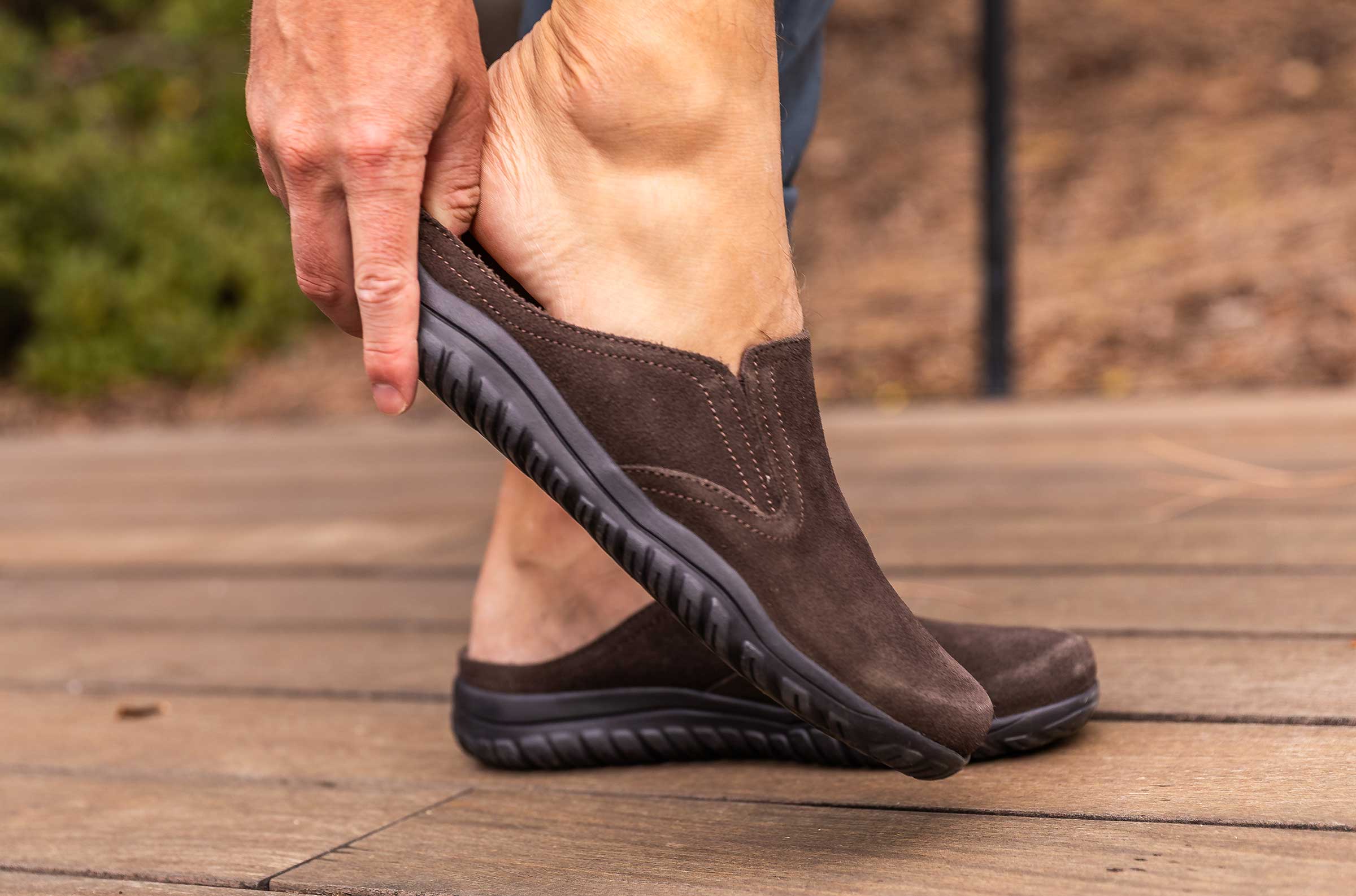The diabetes drug dulaglutide (Trulicity) may significantly lower a woman’s risk of substantial weight gain after she has given up smoking, finds a secondary analysis of clinical trial data, published in the open access journal BMJ Nutrition Prevention & Health.
Women seem to be 5 times as likely as men to put on a lot of weight after they’ve stubbed out what they intend to be their last cigarette, the analysis suggests.
Women seem to have higher smoking relapse rates than men. And it’s been suggested that one of the possible explanations for this is that they may be more concerned about the risk of major weight gain in the wake of quitting, although there’s no solid evidence for this, note the researchers.
The results of a previously published clinical trial showed that compared with dummy treatment, the diabetes drug dulaglutide significantly reduced weight gain in those who had given up smoking. But it’s not clear if this weight loss is gender specific, say the researchers.
They therefore re-analysed the data from this trial to see if there were any gender differences in weight lost or gained in the 12 weeks after trying to quit smoking.
The trial included 255 adults, 155 of whom were women. The average age ranged from 42 to 44 and the number of cigarettes smoked daily averaged 20 for a period of between 19 and 22 years.
Trial participants were randomly assigned to receive either once weekly jabs of 1.5 mg/0.5 ml dulaglutide or 0.5 ml dummy treatment, plus the smoking cessation drug varenicline 2 mg/day and behavioural counselling for a period of 12 weeks.
Dulaglutide mimics the effects of the hormone GLP-1 which is naturally produced in the gut in response to food, helping to regulate the amount of glucose in the blood and weight gain.
At the start of the trial, weight averaged just over 72 kilos among the women (BMI 26) and just over 92.5 kilos among the men (BMI 29).
After 12 weeks, dulaglutide had curbed weight gain risk in both sexes compared with dummy treatment.
Women on dulaglutide lost around 1-2 kilos compared with weight gain of around 2-2.5 kilos for women in the dummy treatment group.
Men taking dulaglutide shed just over half a kilo compared with weight gain of around 2 kilos among those in the dummy treatment group.
Although weight change, overall, didn’t differ between the sexes, women were more likely to put on a lot of weight. And dulaglutide was associated with a significantly lower risk of substantial weight gain-;defined as an increase of more than 6%—among the women.
Substantial weight gain was almost 5 times as common in women as it was in men in the dummy treatment group: 24% vs 5%.
Similarly, substantial weight gain in women taking dulaglutide was significantly less common than it was among those on the dummy treatment: 1% (1 out of 83) vs 24% (17 out of 72). No such effects were seen among the men: 0% (0/44) vs 5% (3/56).
But somewhat surprisingly, say the researchers, the positive effects of dulaglutide on weight had no impact on short term quit rates in either men or women, which were relatively high in both: 98 (63%) in women and 65 (65%) in men (65%).
The risk of weight gain after stopping smoking may change over time or depend on other factors, such as the degree of nicotine dependence or age, caution the researchers.
But they conclude: “Our data suggest that an adjunct dulaglutide treatment could be particularly useful for patients facing a high risk of substantial weight gain after smoking cessation, such as women.
“Another target group could be individuals of both genders who failed several cessation attempts due to weight gain.”
Source:
Journal reference:
Baur, F., et al. (2023). Gender differences in weight gain during attempted and successful smoking cessation on dulaglutide treatment: a predefined secondary analysis of a randomised trial. BMJ Nutrition, Prevention & Health. doi.org/10.1136/bmjnph-2023-000781.








